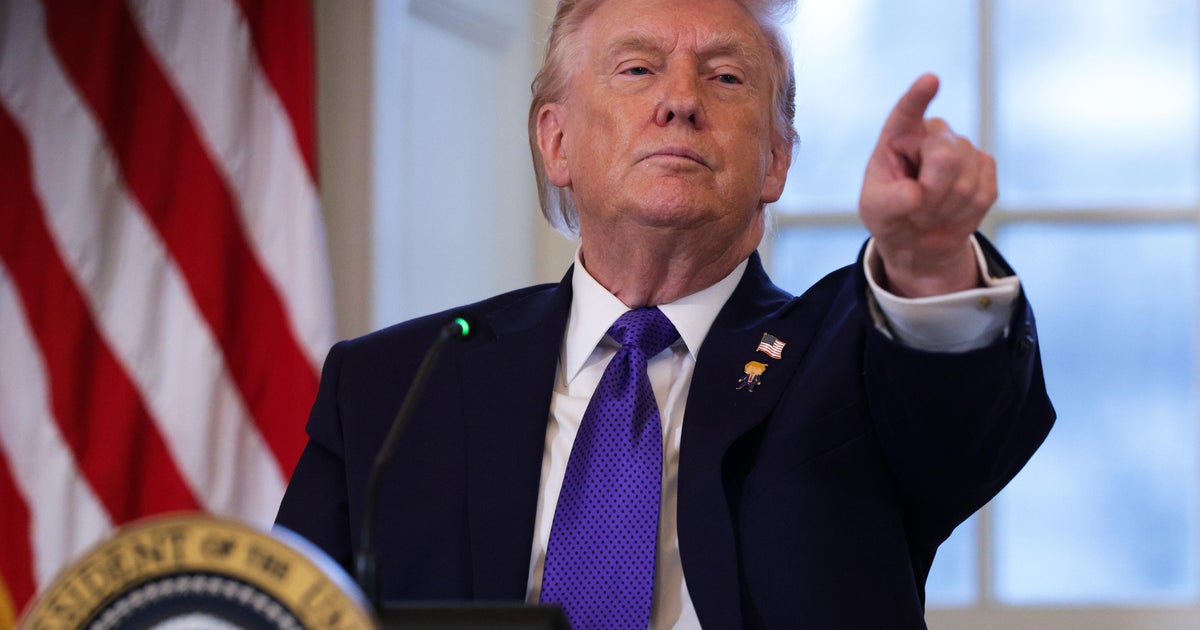Can Democrat Beto O'Rourke beat Ted Cruz in Texas?
Will Ted Cruz lose his Senate seat to Democrat Beto O'Rourke?
It's possible, but O'Rourke will certainly have his work cut out for him.
Texas is a pretty Republican state, right?
It is, although a fair number of political observers assume it will probably lean more Democratic in the future due to demographic changes. But it's hard to know when that will happen. And in the meantime, the GOP has a firm grip on the older white voters that make up a large share of the Texas electorate.
So Ted Cruz is safe?
Maybe. On the one hand, he's running in a state that's still dominated by the GOP. On the other, Cruz isn't the most popular guy, with a February University of Texas poll showing that only 40 percent of voters approve of his performance, while 41 percent disapprove.
And despite winning the state by nine points in 2016, President Trump may not be so popular either; according to a January poll from Gallup, only 39 percent of Texans approved of the president, while 54 percent disapproved.
This would seem to indicate that O'Rourke, an El Paso-area congressman, has a shot at knocking off Cruz. And sure enough, a Quinnipiac poll from last week found their race was very close, with Cruz winning 47 percent to O'Rourke's 44 percent, which is within the margin of error.
Then O'Rourke has a chance?
Yes, there is a chance that Beto O'Rourke becomes the first Democrat to represent Texas in the U.S. Senate since 1993. But again, he'll have his work cut out for him.
How can O'Rourke win?
One way is to bet big on Democratic turnout while hoping that Republican turnout drops considerably. It's safe to assume that fewer people will vote in the midterms than in the 2016 general election, but if O'Rourke can get the vast majority of people who voted for Hillary Clinton last time, while Cruz gets a significantly smaller percentage of Mr. Trump's voters, then could be O'Rourke's path to victory. For example, if O'Rourke wins 80 percent of Clinton's votes, while Cruz only gets 60 percent of Mr. Trump's, then O'Rourke would win handily.
It's reminiscent of how Iowa Republican Sen. Joni Ernst won her seat in 2014 against Democrat Bruce Braley. President Obama had won Iowa in 2012, but his voters didn't turn out for Braley like Mitt Romney's did for Ernst. As a result, Ernst won in a landslide.
Will that happen in Texas?
It's impossible to predict what will happen in the Texas race, especially this far out from November. But there are reasons to be skeptical that O'Rourke can pull of the upset.
Such as?
Mark Jones, a political scientist at Rice University, told CBS News that despite all the hoopla and attention being paid to O'Rourke, he still has five major hurdles to clear.
First, given the Republican tilt of the state's electorate, Cruz probably has a natural 12- to 15-point "cushion" going into the race.
The second is that, while Cruz may not be the most beloved guy in Texas, he's still a Republican, and he can probably expect GOP voters to go for him even if they dislike him personally.
The third is that O'Rourke is still something of an unknown quantity outside of his home district, with some 50 percent of voters saying they don't really know who he is, according to Jones.
The fourth is that Texas is massive, complex, and expensive, meaning Democrats will likely get more bang for their buck elsewhere. The most vulnerable Republican seats this November are in Arizona and Nevada, with Tennessee being another pickup opportunity for Democrats. The most vulnerable Democratic seats are in North Dakota, West Virginia, Indiana, and Missouri. So if you're a Democrat looking to donate in the hopes of your party winning back the Senate, you're probably better off spending there, and not in a long-shot Texas race.
"It costs about as much to run a statewide campaign in those seven states [combined] as it does in the Lone Star state," Jones says. O'Rourke's fundraising so far has no doubt been impressive – he raked in close to $7 million in the first few months of 2018 – but he'd probably need to bring in somewhere between $20 and $30 million to compete with Cruz.
And the fifth is Texas' straight-ticket voting system, which allows voters to cast a ballot for a particular party's entire slate. A significant percentage of Texas voters tend to vote for a straight ticket, which is good news for Cruz, because Gov. Greg Abbott, the most popular politician in the state, will be at the top of his.
Abbott, who's very likely to win reelection in November, also has a well-funded statewide organization that will concentrate on turning out the Republican voters both he and Cruz depend on. O'Rourke, who's doing most of the heavy lifting for Texas Democrats this year, has no comparable ally on his ticket.
What's the bottom line?
While it would still be a mistake to count O'Rourke out, particularly with so many months left to go before the election, Cruz still has a significant edge. Texas is still Republican territory, at least when it comes to statewide races. Cruz also probably benefits from being a well-known quantity, while O'Rourke will have to fight an uphill battle to define himself in a state with laden with expensive media markets.
But the young, attractive O'Rourke has been exciting his party's base and outraising his opponent. Although still relatively unknown, he's begun building a national profile. His roadtrip from Texas to Washington alongside GOP Rep. Will Hurd, another rising star up for reelection this year, attracted plenty of attention from the press and seemed to speak to O'Rourke's bipartisan bona fides.
Needless to say, and regardless of who wins, the Texas senate race will be one to keep an eye on. Cruz's campaign is betting in part that O'Rourke, who has called for making Medicare available to everyone and flaunts his "F" rating from the NRA, is simply too left for Texas. However, if O'Rourke wins the race, or even if it just keeps in close, it will indicate that progressive candidates can win in the Lone Star state.
At this point, the race is probably Cruz's to lose. But a lot can happen between now and November, meaning that Democrats may get a real shot at knocking off one of the country's most famously conservative politicians.





